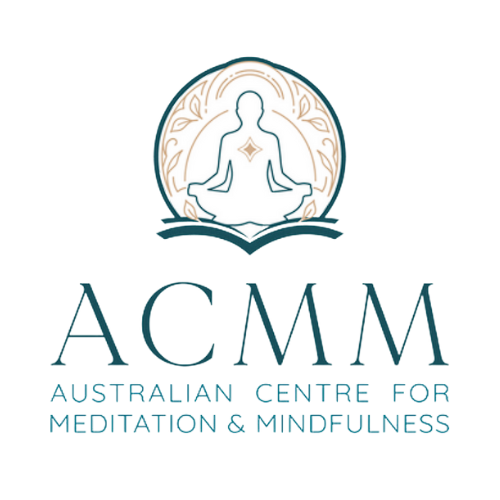When conducting their daily meditation practice, students get caught up in the worry that they are “doing it wrong”. If you’re not feeling great, then you’re not doing it well. We can easily turn meditation into yet another thing to tick off the “to do list”. Something we need to achieve in, strive to greater heights in and become perfect in. This can really change the energy of our meditation practice; from a time of silence, inner nurturing and self support, to another activity that makes us feel tired, stressed and not good enough. Not what we want at all! Here’s how to enjoy an honest meditation practice, where it’s ok to be as you are.
Expect Nothing
When we take time to meditate it’s perfect to have days where it doesn’t work and you feel like you achieve very little. Some days you may not be able to meditate at all. Instead you might opt to write in your journal, do a moving meditation or some exercise to release the outer and inner stress.
What I most want you to develop is an honest practise. A time in which you needn’t be anyone but yourself, you don’t need to impress anyone, achieve anything or strive for any goals. None of those things are about meditation.
Being prepared to listen
Your honest daily meditation practise is a time for stillness and even listening. If what emerge are a list of complaints from your body about how neglected it’s feeling, then you have a valuable information to work with. Meditation is not about slipping into a place of perfection where nothing ever goes wrong – this is escapism. Meditation is about a gradual, up and down and ever changing journey towards your authentic self . In any sitting, we never know what we will encounter, and that’s what makes the journey exciting and challenging. Know that as you allow yourself to experience an honest and humble practice, and responding to the need that is illuminated, you will be giving yourself the very best.
Just notice…
It can be useful in your meditation practise to become a compassionate and caring listener to yourself. Hmmm I notice repetitive thoughts about this..or that. Noted, and I will attend to that later. I noticed my shoulders are tight, I am hungry, I am tired. Notice these thoughts and file them away for later. Make sure you follow up on them so that they are less likely to return next time you meditate. Let go of chastising yourself for thinking. Rather, thank your mind for showing you what you need and make your mind a promise that you will listen and act when you are done.
Feeling heard
When the mind feels heard and understood, then it too can feel it has done its job and can rest. You will then be able to distinguish between useful thoughts that have a purpose and “junk” thoughts that fly in and out at random. This will help you allow those junk thoughts to fade into the background as you know that you are listening to your real needs and taking care of yourself.
The process of relaxation and meditation comes with the ability to trust yourself. To know that you are safe, taken care of and secure. Even though, in any given moment, problems may still exist, you can have faith that at a later time you can manage those problems and act in your best interests. If you feel you cannot do this alone, or feel unsure about which course of action to take, then enlist counselling support so that you can restore your faith in your life.
Let go of expectations and perfection
It’s ok to have problems. Being honest about them, even within our meditation practice opens up the healing possibilities and keep the energy moving, so that new understanding can emerge. By closing problems away, denying or ignoring them we stop the movement and flow of healing through the situation.
So if on any given day of your meditation practise, you find it really difficult to meditate then celebrate! You have discovered a block – a potential golden nugget of healing that can bring welcome change and relief from something that is not working in your life. Something needs attention and compassion.
What you can do
You can:
-Meditate on the problem if you are aware of what it is. Wrap it up in loads of compassion and love. This in itself can often bring great relief.
-Do a higher self visualization where you seek advice from a wiser part of you
-Write in your journal
-Go for a walk or do some exercise to clear your head
-Book an appointment with a counsellor or a trusted friend to talk things through.
-Do something creative to shift the block eg. drawing, painting, sculpting, performing or writing music
-Use a simpler meditation tool such as breathing or a walking or dancing meditation.
You may find that once you have worked on the block, that your meditation flows again and that you can access deeper states with ease again. If not. trust that the problem is multi layered and will take longer to work through.
Be honest in your meditation as meditation will always be honest with you.
Lisa Forde
At ACMM, we offer Certificate, Advanced Certificate, and Diploma Training Options, with optional Business Development Support alongside and after your training.
Find out if our courses are the right fit for you. Book a Zoom Discovery Call with us today!





